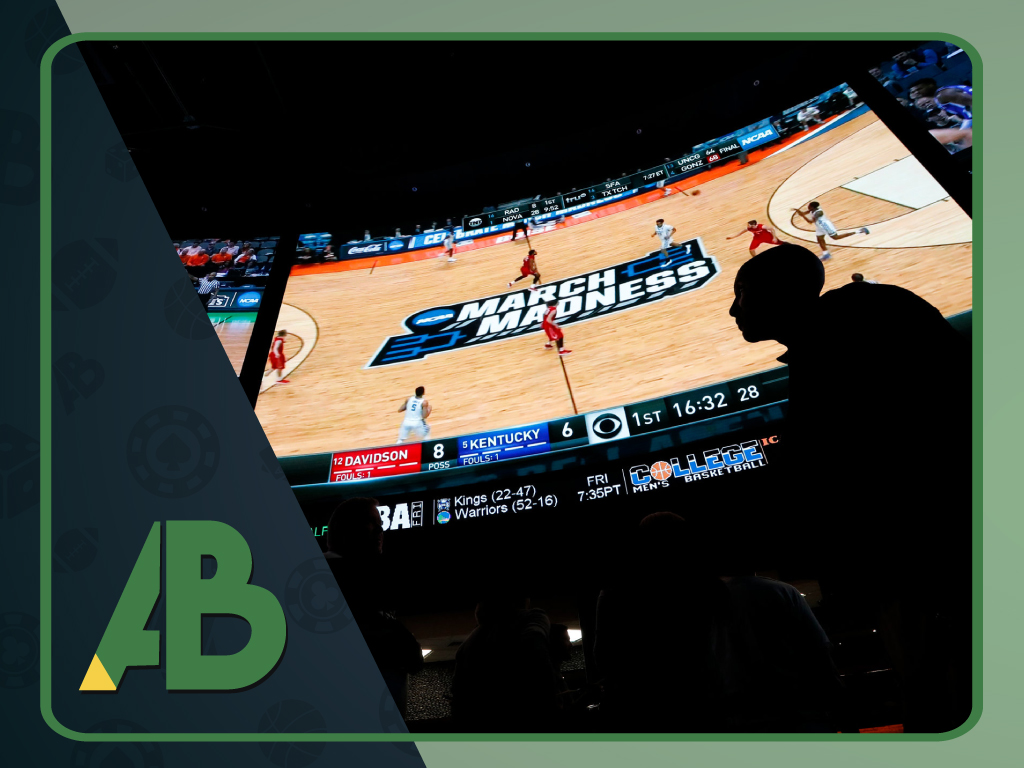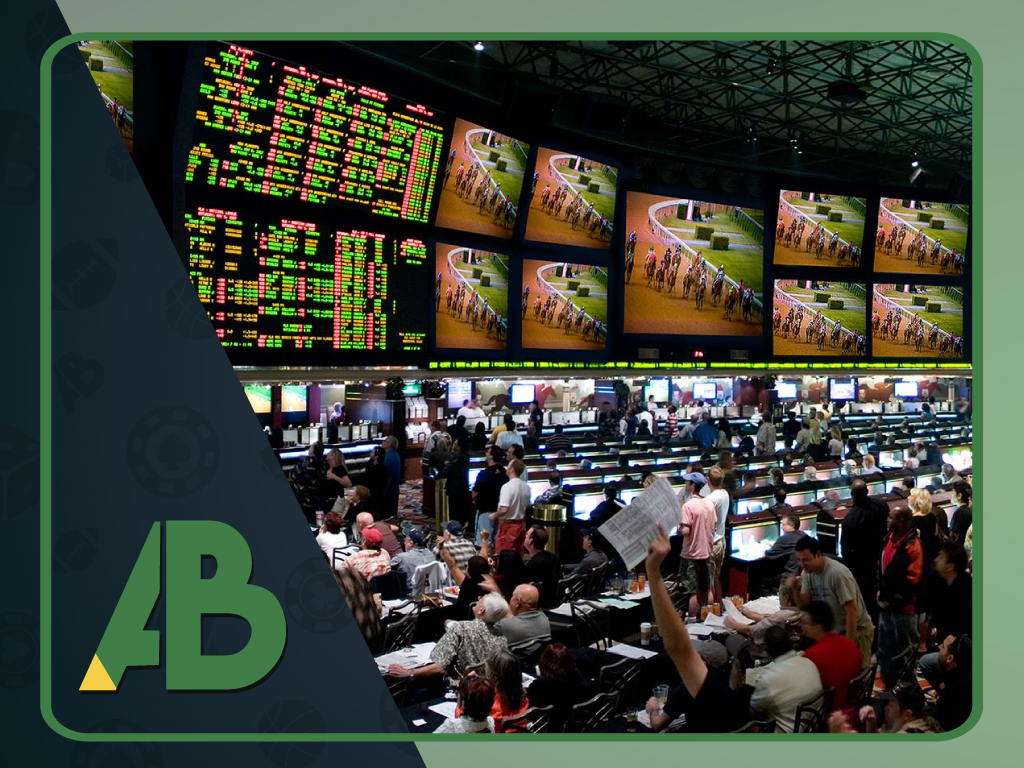It’s likely that everyone knows that you can wager on the winner of a horse race. However, there is really a wide range of horse racing bets to consider, as well. Those that aren’t familiar with these are likely passing up some incredible wagering opportunities. Adam Bjorn, a gambling industry executive and horse race expert, provides details on the different types of bets most commonly found in horse race gambling.
Wagering just on the winner of a race can seriously restrict a bettor’s odds of progress, while utilizing a wide range of bets is considerably more prone to be productive over the long haul. Says Bjorn, “Regardless of whether you’re an easygoing bettor and just wager on the major races, it’s still a smart move to know about the entire list of alternatives. Also, many of them offer the potential for much better payouts, as well.”
Conventional horse racing wagers are otherwise called straight wagers. These the most well known kind of bets, but they are additionally the most direct. The main thing that makes them marginally more convoluted is that they fluctuate somewhat in various pieces of the world. In the United States, and a couple of different areas, the straight wagers are Win, Place, Show and Across the board. In other places, there are just three – Win, Place and Each-way.
You’ll see that the Win wager and the Place wager are on both lists. The Win wager works in the very same manner all over, while the Place wager works differently in various areas. Since the Win wager is a widespread bet, it’s easiest to explain. The idea is to pick the horse that we think will dominate the race. We get a payout if our picked horse is first past the post, yet we lose our stake if our choice doesn’t win.
The payouts for successful Win wagers aren’t totally determined similarly since not every person utilizes similar sort of bookmaker or puts down their wagers in a similar area. Regularly, payouts are determined dependent on either fixed odds or the pari-mutuel framework. The same can be said for a large portion of the bets available.
With fixed odds, you know precisely what the payout will be if the bet wins. The chances are fixed at the hour of placing the bet, and afterward duplicated by your stake to decide the expected return. The pari-mutuel framework, however, is somewhat more confounded. It’s a type of pool wagering, where all the stake cash is gathered in a pool and afterward shared out among the winners.
In the United States (and some different nations), the Place wager is a bet on a horse to complete in the first two places. States Bjorn, “We get a payout if our determination completes in either first or second, yet lose if our choice completes third or further down the list. Payouts are lower than for win wagers, yet we clearly have a superior possibility of winning.”
The Show is like the Place wager, yet covers the best THREE positions. We get a payout if our picked horse completes first, second or third. Show payouts are lower than Place wager payouts, as the odds of winning are much more noteworthy. There must be at any rate eight horses in a race for the Show wager to be accessible.
The Across the Board bet is a simple method to consolidate Win, Place and Show wagers on a solitary determination. It’s essentially three bets in one, so a $2 bet costs us $6. It comprises a $2 Win wager, a $2 Place wager and a $2 Show wager. Each wager must be placed on the same horse.
In the event that our chosen horse wins, we get payouts for every one of the three pieces of the bet. If our choice comes in second, we just get payouts for Place and Show. Similarly, if it comes in third, we simply get the Show payout. Absent all three, the whole stake is lost, and nothing is collected.
In many countries, other than the US, the Place wager is a bet on a choice to complete “in the places.” The quantity of positions secured relies upon the sort of race and the number of horses participating, and the rules vary.
The main horse race wagering destinations frequently offer improved place terms for significant races. Explains Bjorn, “With regards to the Grand National, for instance, betting facilities will ordinarily pay out on horses that finish in the best five or even the main six positions. This will build your odds of winning a Place wager, and is the reason it merits requiring some investment to search for the best offers while wagering on these greater races.”
Each-way race bets consolidate the Win and Place wagers. Wagering $5 on both on a horse costs $10, as the bettor is putting $5 on it to win and $5 for it to place. If the horse takes first, the bettor gets paid out for the two pieces of the bet. If the horse doesn’t, but finishes in the places, the payout is only for the place part of the bet. As always, the gambler loses the whole stake if the horse finishes outside the places.







